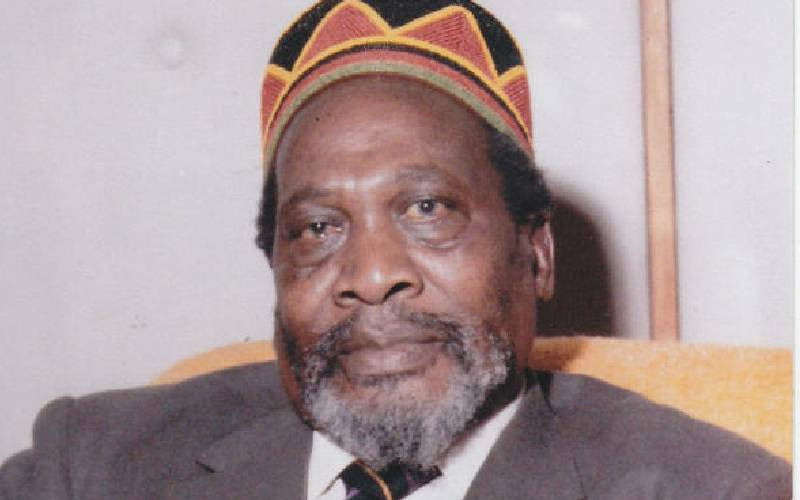×
The Standard e-Paper
Fearless, Trusted News

There was a time it was unimaginable for a president to fall sick. But what would happen should the unimaginable happen? Duncan Ndegwa, Kenya's first Secretary to the Cabinet and Head of Civil Service, thought he had a perfect answer.
One day, Cabinet minister Ngala Mwendwa took a delegation from Kitui to Gatundu. After hours of dancing themselves lame, waiting for Jomo Kenyatta to greet them, it finally dawned on them that the old man was unavailable.